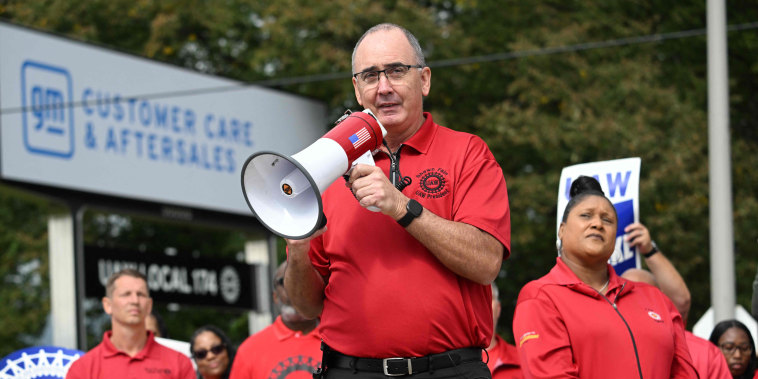In a stunning move that has the auto industry abuzz, thousands of autoworkers at both Toyota and Honda are preparing to unionize after the United Auto Workers (UAW) won a series of major victories over the Big Three automakers.
Both Toyota and Honda autoworkers are looking to gain similar wages and benefits that their counterparts at Ford, General Motors, and Fiat Chrysler Automobiles (FCA) have won over the past two decades. The UAW recently secured substantial wage increases and other benefits in the most recent round of negotiations, prompting many autoworkers to consider joining a union.
The thought process is simple. By joining together as a union, autoworkers have the leverage they need to ensure their rights are protected and that they receive fair wages and benefits. Unions are particularly well-suited for manufacturing jobs, where the possibility of injury or layoffs is a constant threat.
The push to unionize Toyota and Honda autoworkers is not without its detractors, however. Both automakers have pointed to their record of treating their employees well, and some argue that unionization could lead to higher costs for consumers.
Still, the unionization drive is gaining momentum, and many argue that autoworkers should have the right to choose whether or not to join a union. It’s reasonable to assume that the UAW’s recent success in negotiations with the Big Three spurred a renewed interest in unionization in the auto industry, and all indications suggest that union membership could surge in the coming months.
All eyes will be on Toyota and Honda as the push to unionize moves forward. If successful, it could open the door for autoworkers at other automakers to do the same, potentially resulting in what could be a dramatic shift in the auto industry. It’s truly a unique moment that could alter the landscape for years to come.































